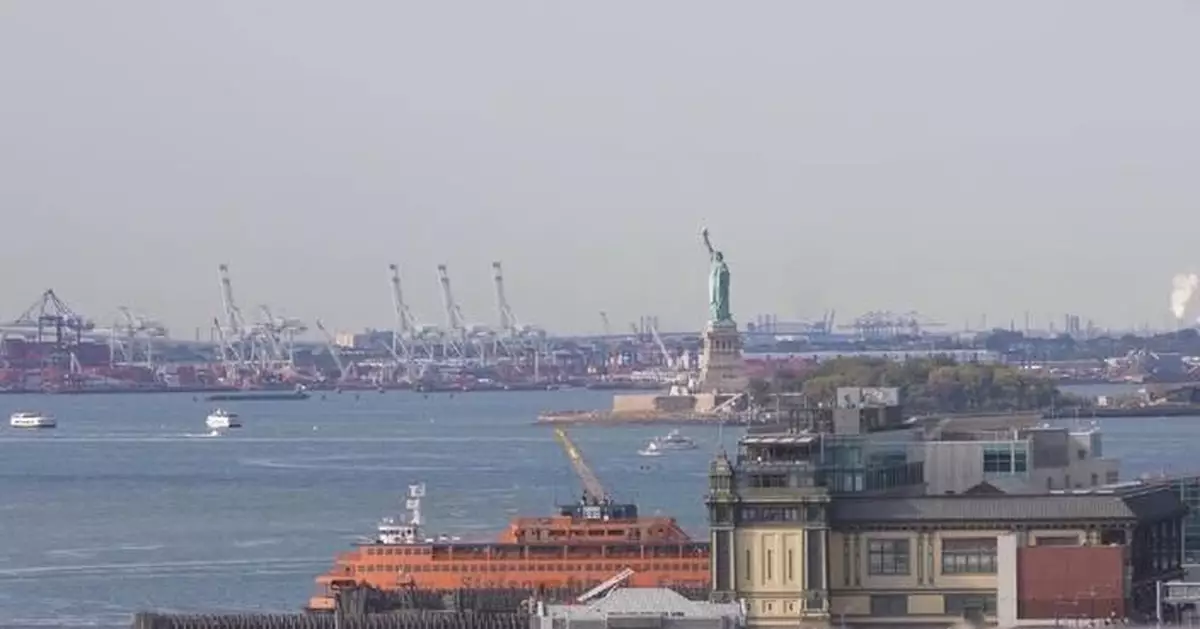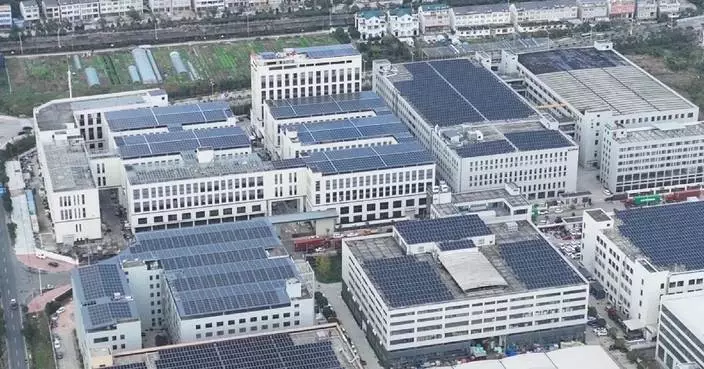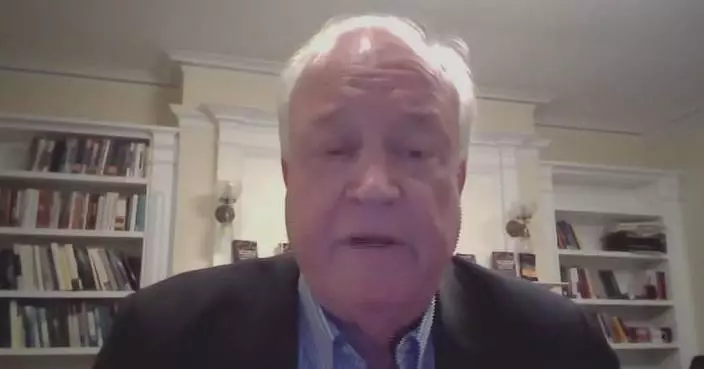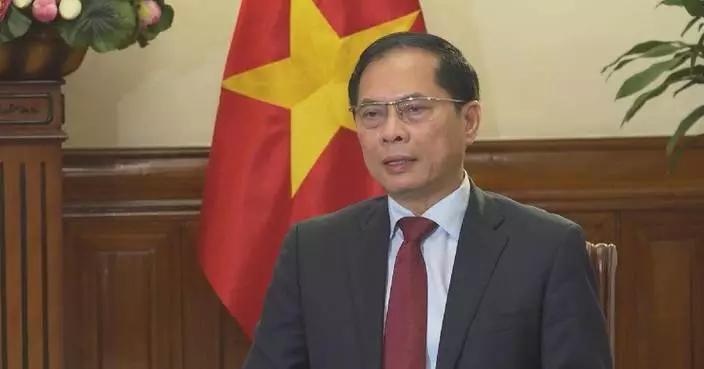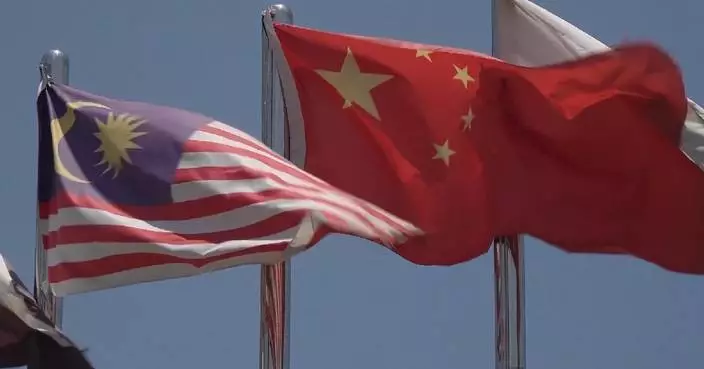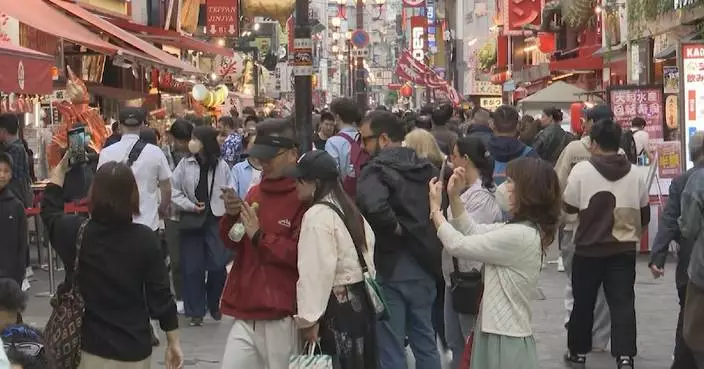Countries around the world have expressed strong opposition to the United States' newly announced tariff measures, with many warning of potential negative impacts on global trade and preparing countermeasures, as tensions over trade policies continue to escalate.
Trump signed an executive order on Wednesday imposing a 10 percent baseline tariff on all imports into the United States and higher rates on certain trading partners. The sweeping move, framed as a strategy to stop foreign nations from "exploiting" the U.S., has drawn widespread concern and criticism from around the world.
Russian Security Council Deputy Chairman Dmitry Medvedev said Thursday on social media that the U.S. move would have global repercussions, predicting that other countries would impose retaliatory tariffs on American goods. His comments underscored the growing international consensus against the U.S. trade measures.
French President Emmanuel Macron on Thursday advised French businesses to suspend new investments in the U.S. until there is more policy clarity. The warning came as Macron indicated that EU countermeasures would be more extensive than previous retaliations against U.S. steel and aluminum tariffs, signaling a potential hardening of Europe's stance.
In Asia, Singapore's Deputy Prime Minister and Minister for Trade and Industry Gan Kim Yong expressed disappointment with the policy, saying it could lead to a "lose-lose" situation that would hurt all parties involved. He reaffirmed Singapore's commitment to open trade and multilateral cooperation, a position echoed by other Southeast Asian nations.
Vietnam's Trade Minister Nguyen Hong Dien formally requested the U.S. to suspend the tariffs, calling them "unfair" to developing economies.
Meanwhile, Cambodia's Commerce Ministry labeled the tariffs "unreasonable" and said it would seek negotiations through ASEAN or the WTO frameworks, highlighting the growing regional concern.
New Zealand Prime Minister Christopher Luxon reiterated his country's opposition to the U.S. tariff hikes, emphasizing that such protectionist policies would harm rather than help the global economy.
A number of countries have announced countermeasures.
Canada on Thursday announced matching 25 percent tariffs on U.S. auto imports. Prime Minister Mark Carney called it a necessary response to protect Canadian interests, adding that Canada has filed a WTO complaint against what it sees as unjustified U.S. measures.
European nations are coordinating their responses too, with the European Union preparing a two-phase countermeasure strategy. The first phase, expected by mid-April, would target U.S. steel and aluminum tariffs, while a second phase later in the month would introduce broader sector-specific actions, according to EU officials.
Similarly, the United Kingdom has launched a month-long public consultation on potential retaliatory tariffs. Prime Minister Keir Starmer emphasized the need to defend British economic interests while keeping diplomatic options open, reflecting the delicate balance many nations are trying to strike. German leaders voiced particularly strong criticism, with Chancellor Olaf Scholz calling the tariffs a "fundamental mistake" that undermines global trade rules. His comments were reinforced by Vice Chancellor Robert Habeck, who warned the policy would backfire by harming U.S. consumers through higher inflation.
Spanish Economy Minister Carlos Cuerpo struck a more measured tone, saying Spain was ready to protect domestic industries while keeping diplomatic channels open for negotiations. This dual approach appears to be gaining traction among U.S. trading partners seeking to avoid an all-out trade war.
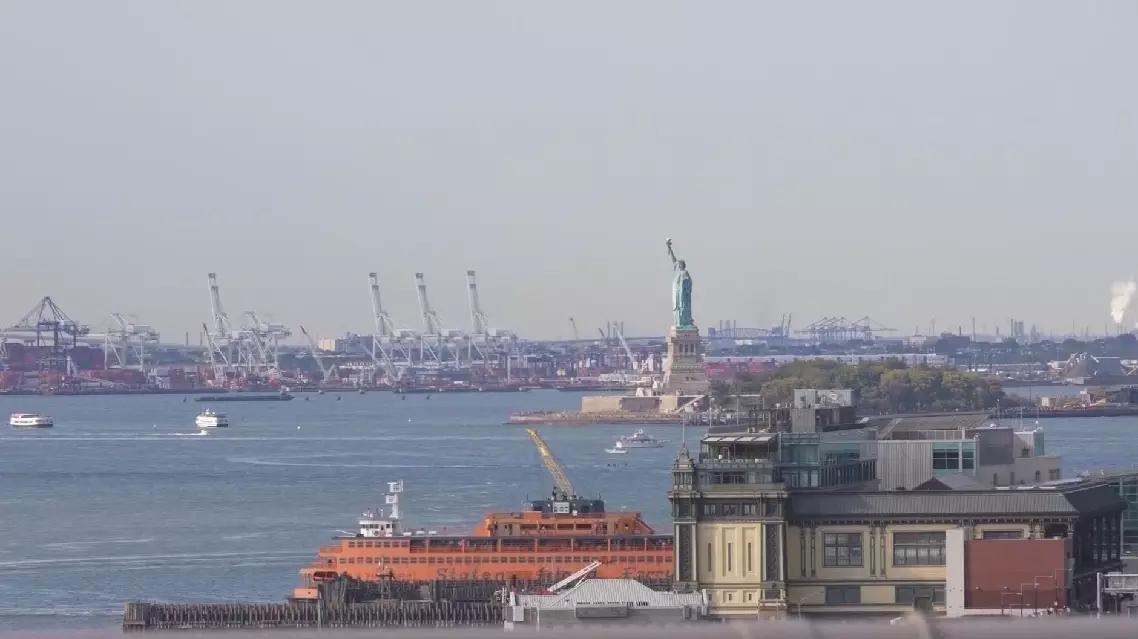
Multiple countries voice opposition to new US tariff policy


